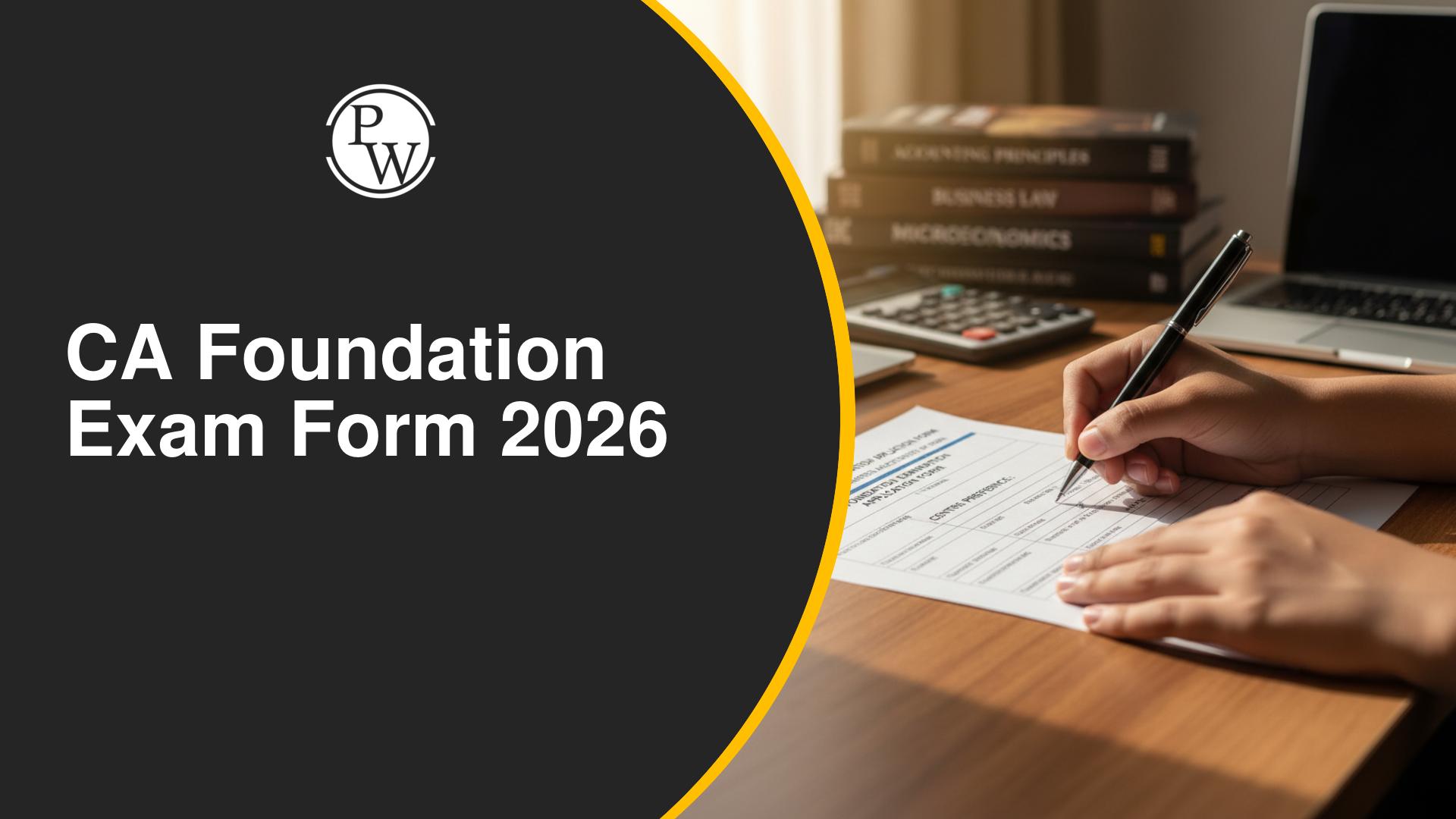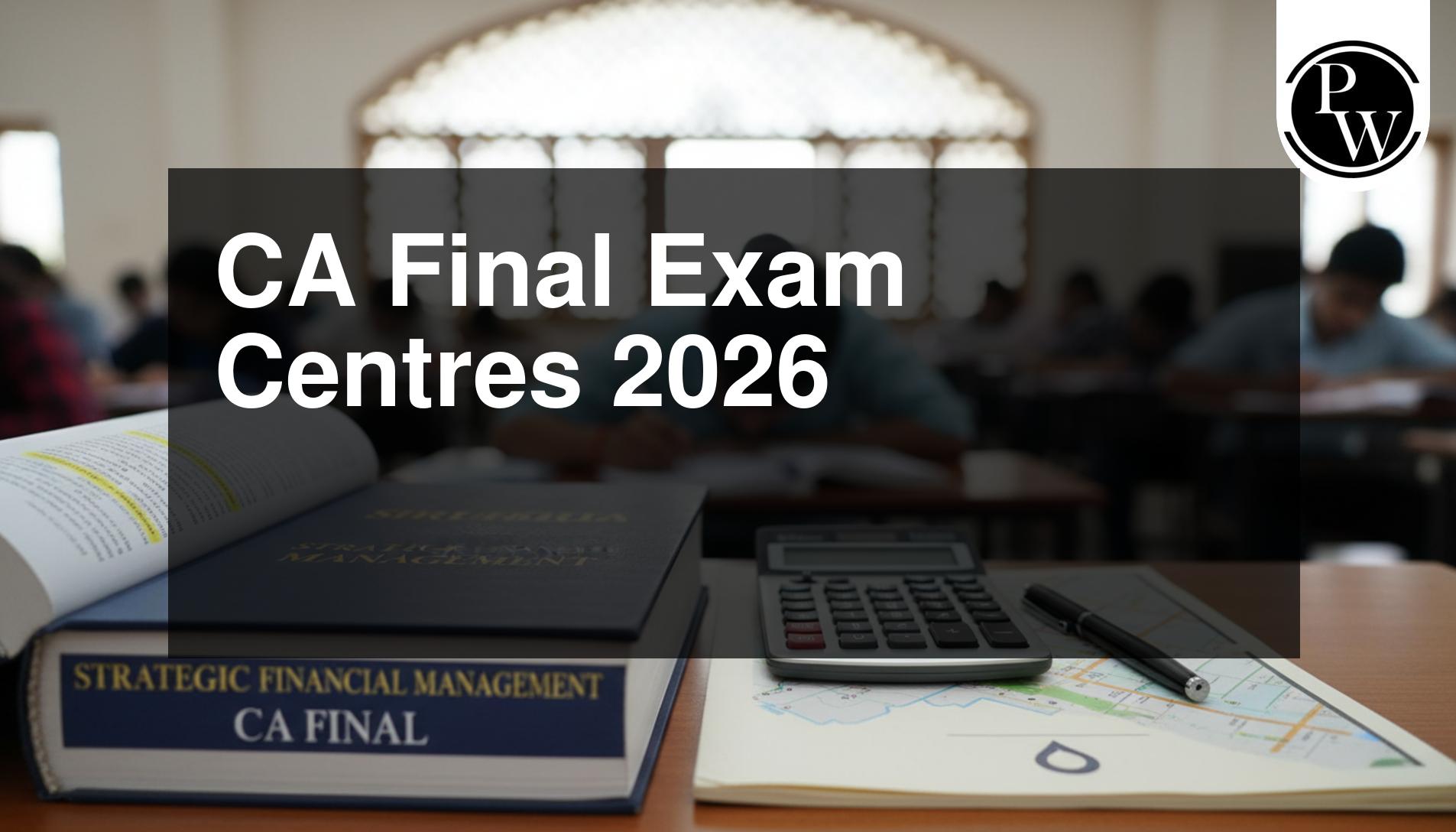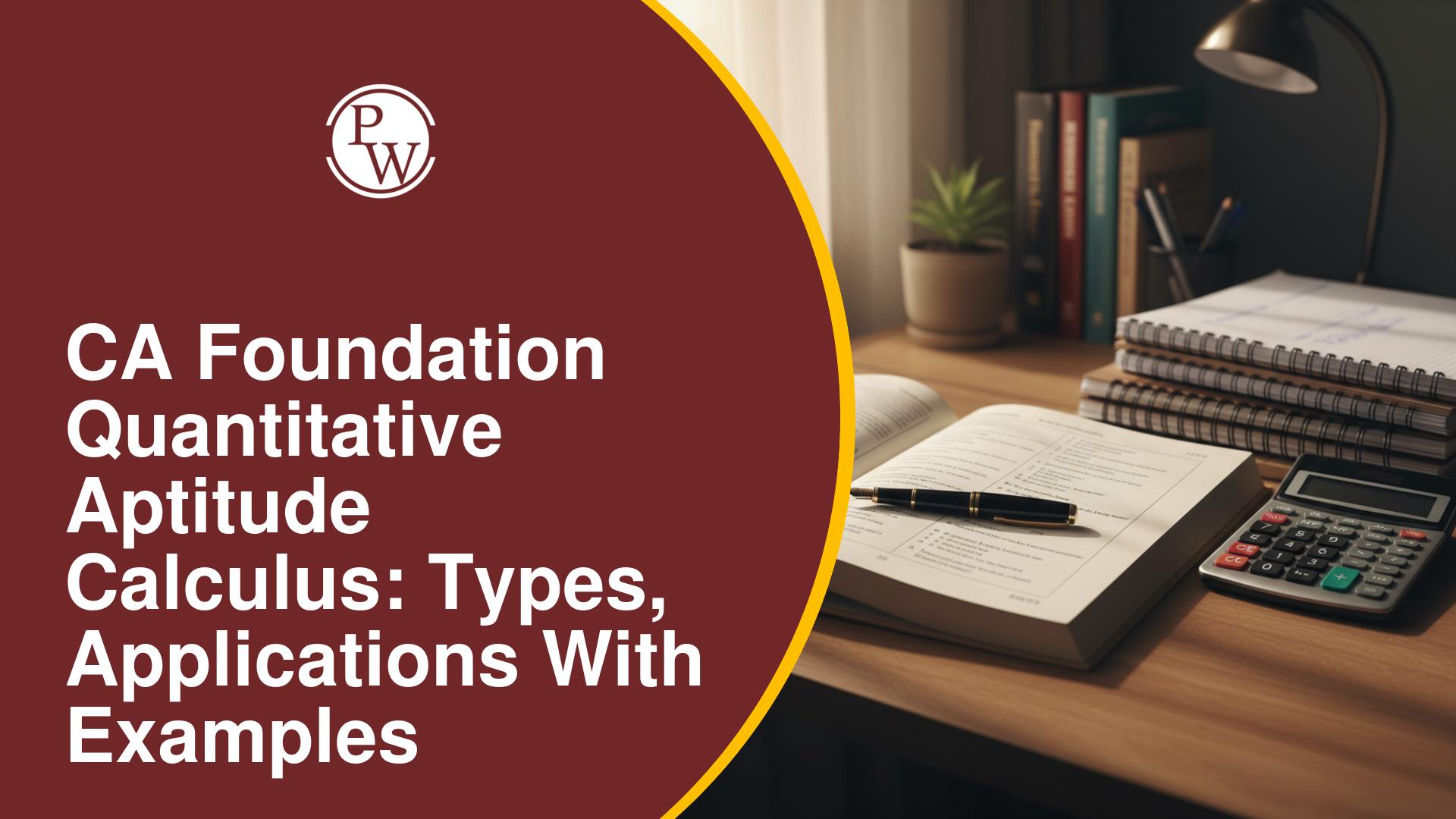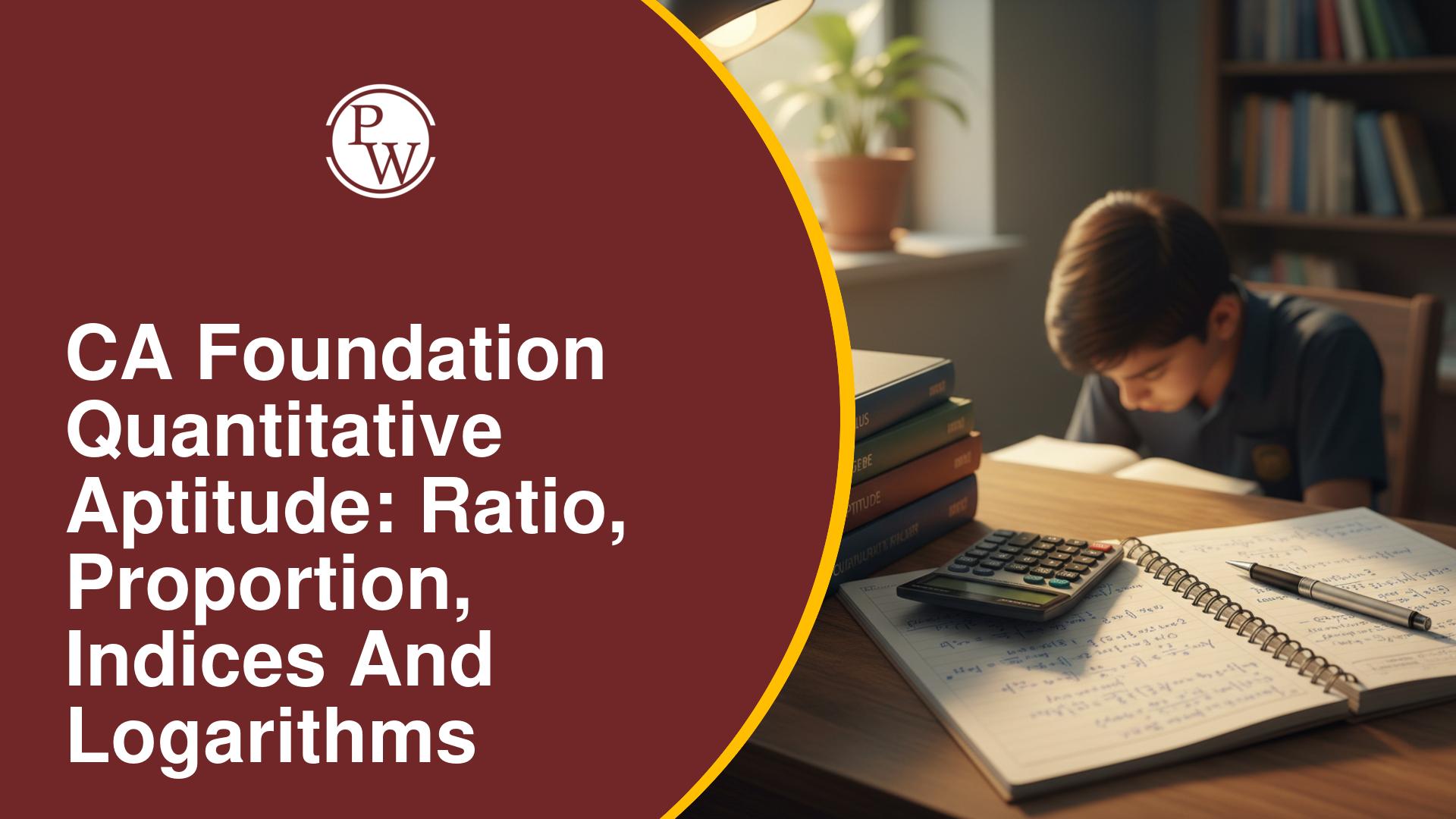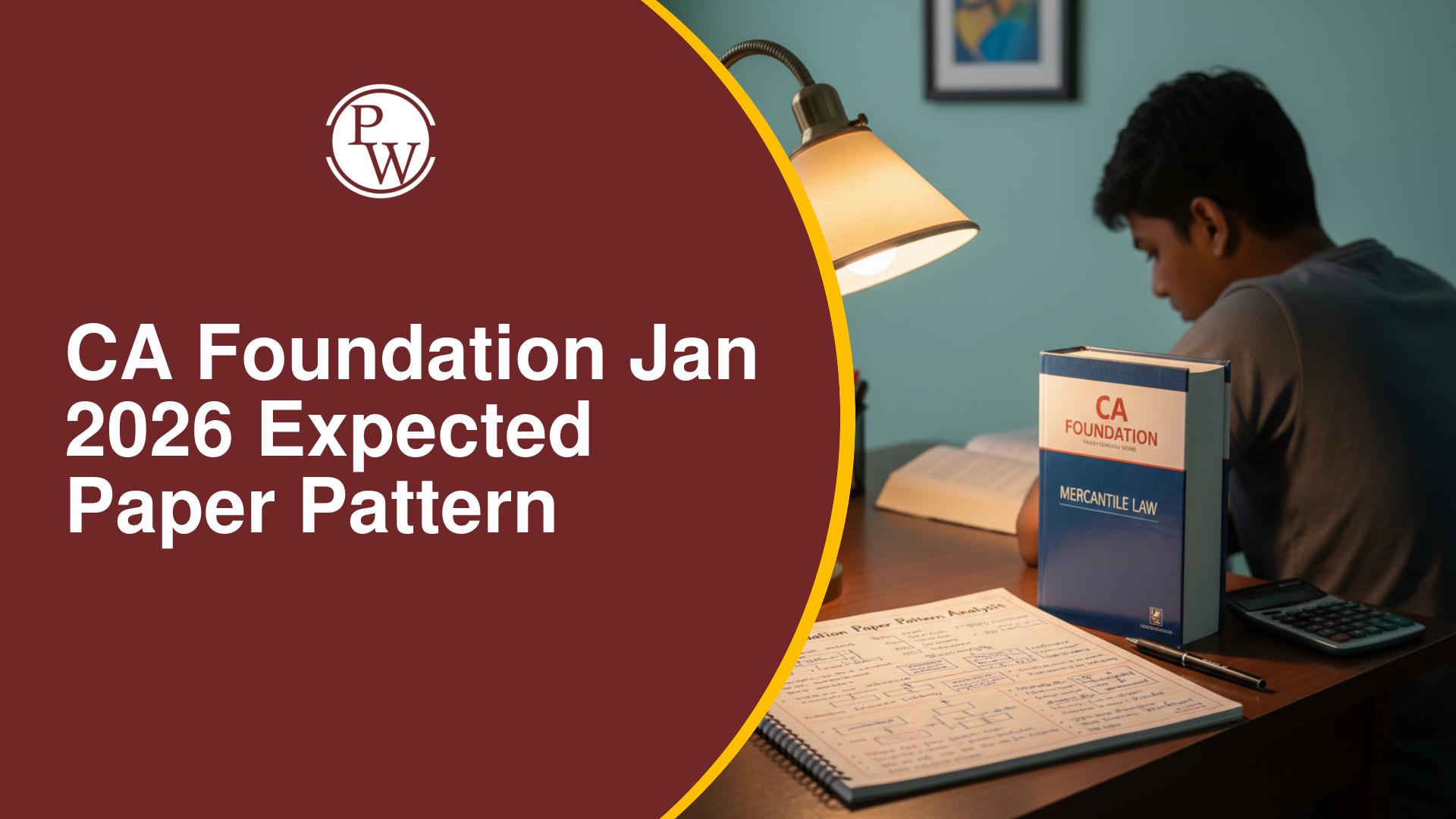
CA after B.Com: Choosing to become a Chartered Accountant (CA) after completing your B.Com is wise, given the banking industry's demand for individuals with diverse skills. You've likely researched how to become a CA after B.Com in India to embark on this journey. Common questions like "What is it like to work as a CA after B.Com?" and "How long does it take to do a CA after B.Com?" have probably crossed your mind.
The answers to these questions lie in understanding the CA curriculum and the role of a B.Com degree in pursuing CA. This article provides valuable insights into the process and benefits of pursuing a CA after a B.Com in India. Before delving into the details, make sure you have a clear understanding of the CA course . Let's explore the journey and advantages of integrating your B.Com degree into your pursuit of becoming a registered Chartered Accountant.
CA After B.Com
Pursuing a Chartered Accountancy (CA) qualification after completing a Bachelor of Commerce (B.Com) can be a strategic career move. B.Com provides a solid foundation in accounting, finance, and business principles, which are essential for CA studies. After graduation, students can enroll in the CA Foundation course, followed by Intermediate and Final levels. This pathway enhances knowledge in areas such as taxation, auditing, and financial management, equipping graduates with skills highly sought after in the finance and accounting sectors. A CA designation opens doors to diverse career opportunities, including roles in corporate finance, auditing firms, and consultancy.
How Many Years Are Required for CA after B.Com?
The CA program extends for 3.5 years. For individuals who have completed their B.Com, pursuing the Chartered Accountancy course through the Direct Entry system is a convenient option. This pathway eliminates the need for the Common Proficiency Test (CPT) admission exam, streamlining the process for B.Com graduates aspiring to become Chartered Accountants. Check the below important points for the Duration of CA after B.Com:
CA Program Duration: 3.5 years
Direct Entry from B.Com: B.Com graduates can enter the CA course directly.
Exemption from CPT: Unlike some routes, there's no requirement to take the Common Proficiency Test for B.Com graduates pursuing a CA. This setup ensures a smoother and more accessible transition for individuals holding a B.Com degree to embark on their journey towards becoming a Chartered Accountant.
CA after B.Com 2024 Eligibility Criteria
Many students believe that obtaining a Bachelor of Commerce (B.Com) degree is necessary before venturing into the CA program. However, the reality is nuanced.- Foundation Route: Contrary to popular belief, a B.Com degree is not a mandatory requirement for the CA program if you opt for the Foundation Route.
- Direct Entry Option: If you choose the Direct Entry option, having an undergraduate degree becomes essential. This degree can be in any discipline, offering flexibility in educational backgrounds.
- Degree Suitability: While a B.Com or a similar degree is not obligatory, it can enhance your understanding of CA courses. However, individuals with diverse educational backgrounds can still pursue CA through the Direct Entry route.
Why Pursue CA after 12th or B.Com?
Whether to pursue CA after 12th class or after completing B.Com involves considering various factors. Here are key aspects to help you make an informed decision:- Exploring Opportunities: College offers a vital phase for personal growth and learning. If you value these experiences, pursuing a CA after B.Com might be preferable. However, if you're eager to dive into CA right after Class 12, that's also a valid choice.
- Understanding Duration: Understand the time commitment required. The Foundation Route typically takes 4-5 years, while the Direct Route could take around 3 years. Yet, obtaining a bachelor's degree for the Direct Route extends the timeline to at least 6 years.
- Considering Alternatives: Having a backup plan is wise. College exposes you to various activities, potentially leading to alternative career paths. This provides a safety net if CA doesn't align with your long-term goals. Keep in mind that some fields, like UPSC, may not recognize a CA degree.
- Financial Considerations: Pursuing CA involves financial investments, including tuition fees and study materials. Assess your financial readiness for either option. If waiting until after B.Com allows you to save or plan better, it might be a strategic choice.
- Work Experience Impact: Consider the potential impact of work experience. If you pursue a CA after B.Com, you might have the opportunity to gain work experience during your undergraduate years. This practical exposure can enhance your understanding and skills, giving you an advantage in the professional world.
Deciding Between CA After or Alongside B.Com
You have the option to pursue CA alongside B.Com, but whether it's the right choice depends on your preferences and dedication. It's possible to undertake both programs concurrently if you meet the eligibility criteria for each. While some students recommend this dual approach, it's essential to understand the challenges.- Simultaneous Pursuit: You can simultaneously enroll in CA and B.Com, given you meet the eligibility criteria for both programs. However, this is a demanding path that requires determination and hard work.
- Challenge and Advantage: The content in the first and second years of B.Com aligns with CA Foundation topics, but the difficulty level in CA is notably higher. If you're diligent, managing both courses is feasible. An advantage is that understanding complex CA concepts can enhance your performance in B.Com.
What are the Similarities Between CA & B.Com?
Understanding the similarities between the B.Com and CA Syllabus is essential for those considering pursuing CA after B.Com.- Shared Topics: Many subjects covered in the B.Com syllabus find their place in the CA Foundation Course, creating a common ground between the two.
- Extended Coverage: It goes beyond the Foundation level – some topics from the CA Intermediate and Final courses are also integrated into the B.Com curriculum, showcasing a broader connection.
- Sophistication Difference: While there are similarities, it's vital to recognize that the depth and complexity of the subjects in CA programs surpass those covered in B.Com. CA courses delve into more intricate aspects, offering a more detailed exploration of financial and accounting concepts.
Benefits of Pursuing CA after B.Com 2024
Considering the information discussed, it's clear that having a B.Com degree holds distinct benefits when pursuing the CA course.- Professional Opportunities: A B.Com degree opens doors to various professional prospects, enriching your career options.
- Efficient Learning: B.Com acts as a foundation for CA, sharing common ground in certain subjects. This synergy prevents duplication of efforts, allowing you to focus on other aspects of the CA curriculum.
- Strategic Time Utilization: With a B.Com degree as a stepping stone, you can strategically allocate your time, delving into diverse subjects within the CA program. This approach optimizes your efforts and enhances your overall understanding of the field.
- Comprehensive Knowledge Base: B.Com broadens your knowledge base, covering various aspects of commerce. This comprehensive understanding becomes a valuable asset when dealing with the intricacies of the CA syllabus.
- Real-world Application: The practical exposure gained during B.Com, especially in areas like accounting and finance, provides a real-world experience. This hands-on experience can be beneficial in applying theoretical concepts encountered in the CA program.
- Networking Opportunities: B.Com studies often involve interactions with professionals and industry experts. This networking can prove advantageous as you embark on the CA journey, potentially opening doors to mentorship, guidance, and practical insights.
CA after B.Com FAQs
How can I become a CA after B.Com in India?
What is the duration of CA after graduation?
Is CA easy for commerce students?
Is CA after B.Com a good option?
Which B.Com degree is best for CA?

